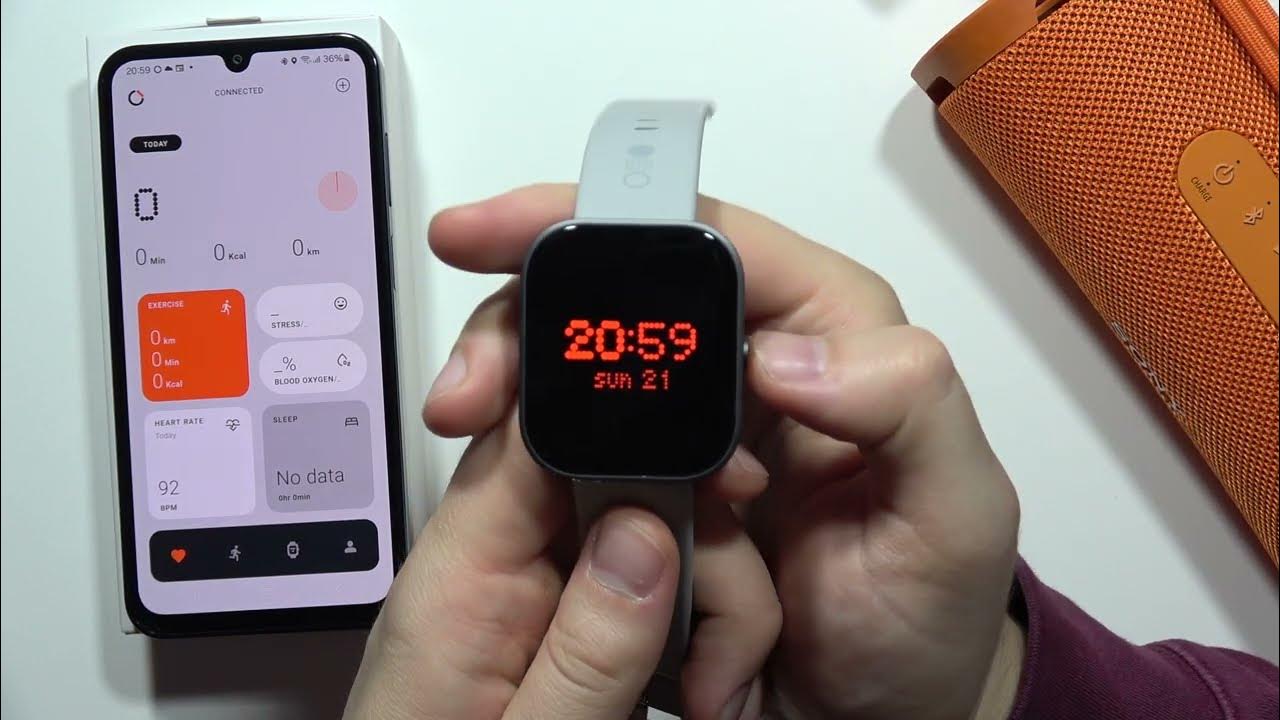'Do Video Games Make You Smarter?' with Jae (DAY6) I HDIGH Ep. #11
Summary
TLDRIn this episode of *How Did I Get Here?*, host Shay explores the intriguing question of whether video games can make you smarter. Delving into studies that suggest gaming boosts brain functions like memory, sensory perception, and problem-solving, the discussion highlights how games improve cognitive abilities. From personal anecdotes about games like *MapleStory* and *Fortnite*, to research linking gaming with better academic performance, the team debates whether video games truly enhance intelligence or simply reflect natural abilities. Packed with humor and insights, this episode challenges the conventional views on gaming's impact on the brain.
Takeaways
- 😀 Video games can enhance cognitive abilities, such as problem-solving and dexterity, as shown by research linking gaming with increased gray matter in the brain.
- 🎮 Playing action video games has been scientifically proven to potentially improve brain areas related to sensory perception, muscle control, and memory.
- 🧠 The positive correlation between gaming and academic performance, such as higher math, science, and reading scores, has been observed in some studies, but the connection is not always causal.
- 💡 Games like *MapleStory* and other multiplayer titles can help players develop social and emotional intelligence by teaching negotiation, problem-solving, and teamwork.
- 👾 Multiplayer games foster real-world skills such as communication, strategic thinking, and collaboration, enhancing interpersonal relationships.
- 📚 Shay argues that, in many cases, gaming offers more practical problem-solving skills than traditional subjects like trigonometry, which may not always be applicable in daily life.
- 📊 A study from *The Guardian* found that students who frequently play online games scored higher in various academic subjects, suggesting a possible link between gaming and scholastic success.
- 🧩 The idea that gaming can boost intelligence is complicated by factors such as the type of games played, the amount of time spent, and the individual's existing academic skills.
- 🤔 Video games may not directly cause higher grades, but they can improve skills that translate into academic performance, like critical thinking, memory, and spatial awareness.
- 🔄 While gaming can enhance intelligence and social skills, it's important to maintain balance, ensuring that gaming doesn't replace other important activities like studying or socializing in real life.
Q & A
What is the central question discussed in this podcast episode?
-The central question discussed is whether playing video games can make you smarter. The host, Shay, argues that video games can improve cognitive abilities, problem-solving skills, and dexterity.
What research is cited in support of the claim that video games can make you smarter?
-Shay cites a study published in *Nature* that suggests playing action video games can potentially increase gray matter volume in the brain. Gray matter includes regions responsible for muscle control, sensory perception, memory, emotions, and speech.
What does 'gray matter' refer to, and why is it important?
-Gray matter consists of the neuronal cell bodies in the brain and plays a vital role in cognitive functions such as muscle control, sensory processing, memory, and emotional regulation. An increase in gray matter is associated with enhanced brain function.
How do video games improve social skills according to the podcast?
-Shay discusses how multiplayer games like *MapleStory* help develop social skills. Players learn to trade, negotiate, and work together in teams, which are all valuable real-life skills, especially in business and interpersonal interactions.
What was Shay's personal experience with video games and how did it impact him?
-Shay reflects on how his experience with games like *MapleStory* taught him about economics and social dynamics. He believes that playing such games helped him understand human behavior and trade before he fully grasped these concepts in real life.
What role does critical thinking play in the debate over video games improving intelligence?
-Critical thinking is central to the discussion, as games require players to solve complex problems, think strategically, and adapt to new challenges. This form of mental exercise is believed to contribute to cognitive development and intelligence.
What does the podcast say about the negative views of parents regarding video games?
-The podcast acknowledges that parents often view video games as detrimental, telling kids to stop playing and focus on more traditional educational activities. However, Shay challenges this view, pointing out that games can provide real intellectual benefits, such as enhancing problem-solving abilities.
How does the podcast address the issue of correlation vs. causation in gaming research?
-The podcast mentions a study showing a positive correlation between video game usage and academic performance, but also notes that it's unclear whether gaming directly causes better academic results. It suggests that kids who are already high performers might be more likely to game, not necessarily because gaming boosts intelligence.
What are some of the criticisms of the claim that video games make people smarter?
-One criticism discussed in the episode is that video games might not directly impact academic performance, as seen in studies that show a negative correlation between gaming and GPA/SAT scores. It’s suggested that more successful students may simply have more free time to engage with games, making gaming a byproduct of existing academic success rather than a cause of it.
What kind of interactive segments does the podcast include, and how do they contribute to the episode?
-The podcast features interactive segments where Shay answers audience-submitted questions, engages in light-hearted debates, and shares amusing riddles. These segments add humor and keep the tone fun and casual, while also encouraging audience participation and engagement.
Outlines

Dieser Bereich ist nur für Premium-Benutzer verfügbar. Bitte führen Sie ein Upgrade durch, um auf diesen Abschnitt zuzugreifen.
Upgrade durchführenMindmap

Dieser Bereich ist nur für Premium-Benutzer verfügbar. Bitte führen Sie ein Upgrade durch, um auf diesen Abschnitt zuzugreifen.
Upgrade durchführenKeywords

Dieser Bereich ist nur für Premium-Benutzer verfügbar. Bitte führen Sie ein Upgrade durch, um auf diesen Abschnitt zuzugreifen.
Upgrade durchführenHighlights

Dieser Bereich ist nur für Premium-Benutzer verfügbar. Bitte führen Sie ein Upgrade durch, um auf diesen Abschnitt zuzugreifen.
Upgrade durchführenTranscripts

Dieser Bereich ist nur für Premium-Benutzer verfügbar. Bitte führen Sie ein Upgrade durch, um auf diesen Abschnitt zuzugreifen.
Upgrade durchführenWeitere ähnliche Videos ansehen

Flirty Games To Play Over Text With Your Crush! Fun Games To Connect Over And Get To Know A Girl

IELTS VIP Podcast Episode 10: Should I Get my IELTS Test Remarked?

8 Things To Do When You're Bored At Home

Does CMF Watch Pro have Games? Nothing Watch

Does Your Ex See You As "Just A Friend"? (Change That Perception!)

Changing Brains: Music
5.0 / 5 (0 votes)
